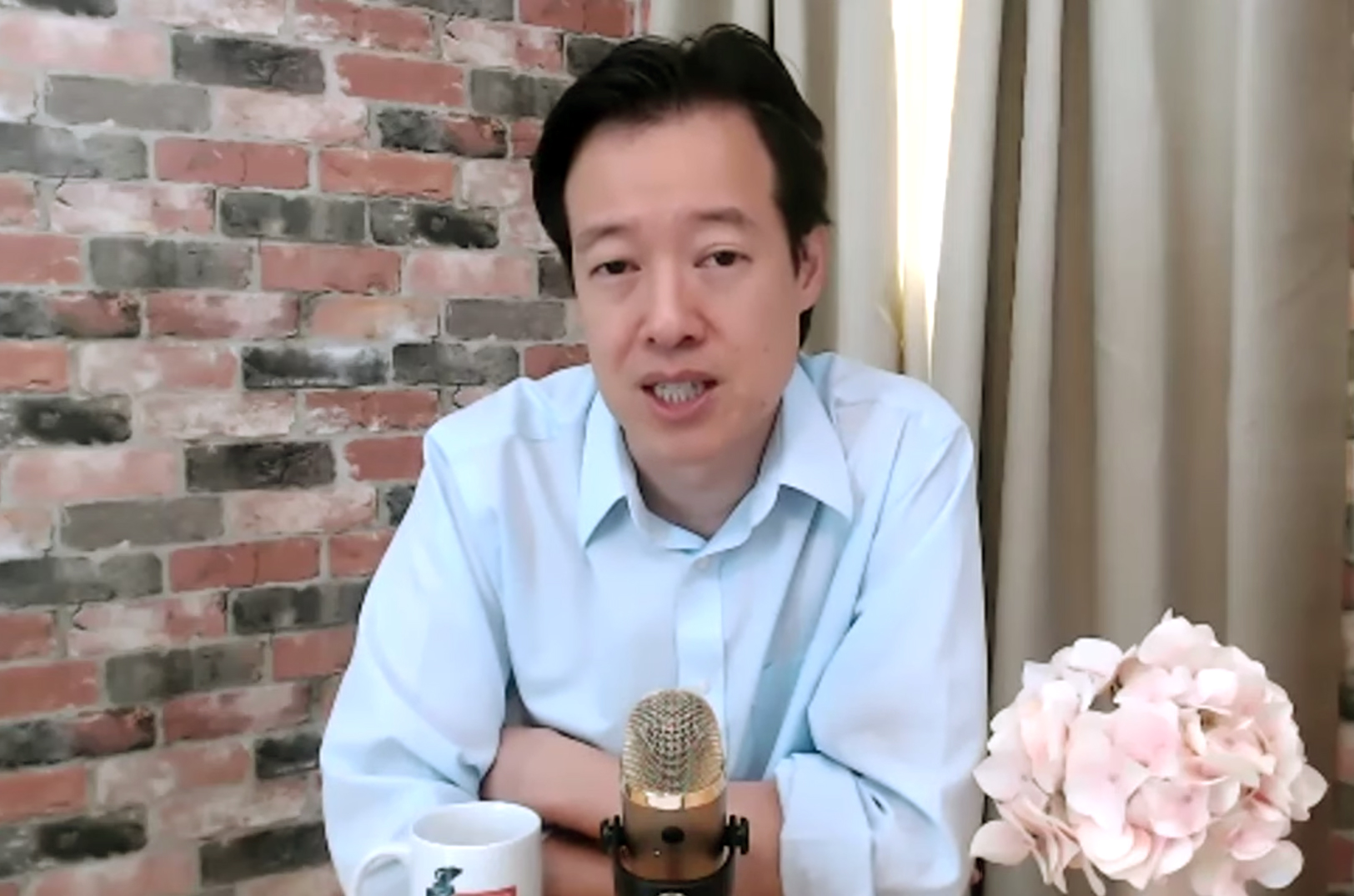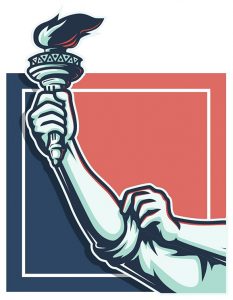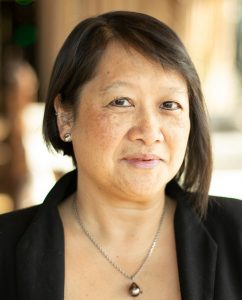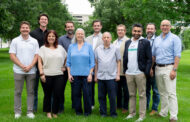Everyone deserves an equal start, said Victor Hwang, launching an initiative to level the playing field for early stage entrepreneurs.
“We’re a campaign to rebuild the American economy by fighting for entrepreneurial opportunity for all of us — regardless of background, race, place, genders, disabilities, or circumstances. We call them ‘starters,’” said Hwang, founder and CEO of the Right to Start movement. “It’s not just tech entrepreneurs; they’re everyday entrepreneurs and all of us have a role to play in helping them.”
Click here to learn more about Right to Start.
A startup and small business champion who formerly served as vice president for entrepreneurship at the Ewing Marion Kauffman Foundation in Kansas City, Hwang recently debuted “The Start Show” — a virtual road trip video series highlighting starters and the policymakers and civic leaders who support their local ecosystems.
“We’re at a special moment in our history, folks. The pandemic has cost millions of jobs, forced millions of businesses to shut down. Especially hard hit: 41 percent of Black-owned businesses,” Hwang said in the inaugural episode of the video initiative, noting 3.3 million — more than one in five — lost businesses overall. “So where do we go from here? Well, at Right to Start, we’re building a new civic infrastructure. That means better institutions, laws, policy, structured systems, and person-to-person engagement, to empower everyone’s right to start.”
It requires changing minds, policies and communities, he said, noting the movement is meant “to embrace the entire nation, its extraordinary diversity, and its breadth of experience and expertise.”
In the debut episode of “The Start Show,” Hwang and guests highlighted ecosystem efforts in Tulsa — once a booming center for Black business.
“It was called ‘Black Wall Street’ because of its vibrant economy,” he said. “But 99 years ago, that community was destroyed. Over 300 African Americans were killed in a massacre. And that story was largely forgotten until recently.”
So what did Tulsa miss over the past century?
Nearly 100 years of inspirational innovation from Black entrepreneurs and other people of color whose accomplishments were either snuffed out, hidden or never allowed to develop because of the Tulsa Massacre, acknowledged Cecilia Wessinger, principal and founder of Tulsa-based Mass Collaboration and a guest on “The Start Show.”
“We talk about diversity and building entrepreneurship, [but historically we’ve highlighted] so many specific stereotypical views of what entrepreneurs are,” Wessinger told Hwang, explaining the mainstream perspective on innovation and entrepreneurs. “And so people like you and I grow up looking at people on the screen and people that are highlighted and never think, ‘Oh, that’s something we could do.’”
“And I think that’s a big thing about entrepreneurship,” she continued. “If you don’t see people like you, then how do you know that it’s for you?”
A piece of Black Wall Street’s legacy is the lack of ability for intergenerational sharing, learning and role modeling, Hwang agreed.
Click here to watch the full episode of “The Start Show.”
“Entrepreneurship seems to have become unintentionally kind of this privileged activity that only people that were lucky enough to have been surrounded by other entrepreneurs get to participate in,” he said.
That unfortunate consequence isn’t true for Tulsa alone, Hwang said, as he and Right to Start take aim at reprioritizing entrepreneurship as an attainable goal for all Americans.
In conjunction with the launch of Right to Start and to illuminate the philosophy behind it, Hwang has written a free, 40-page book — “We Are All Starters: A Manifesto to Renew Ourselves and Our Nation.” A call to action, the book explains the importance of Right to Start, the mission and objectives behind the movement, and the specific ideas it will advance, Hwang said.
Click here to learn more about “We Are All Starters,” which reflects the insights of more than 100 people, and is available as a shareable PDF, as a paperback book, and on Kindle.
“I believe each of us has the innate spark to start something new, make an idea into reality, create value in the world,” Hwang said. “When the right to start is shared widely in a society, prosperity ripples out in the form of more jobs, opportunity, and progress. It’s time to embrace, share, and extend to all the Right to Start. It’s time to build a new civic infrastructure to renew ourselves and our economy and to unleash the potential of our people. That’s how we will realize the original promise of America.”






































